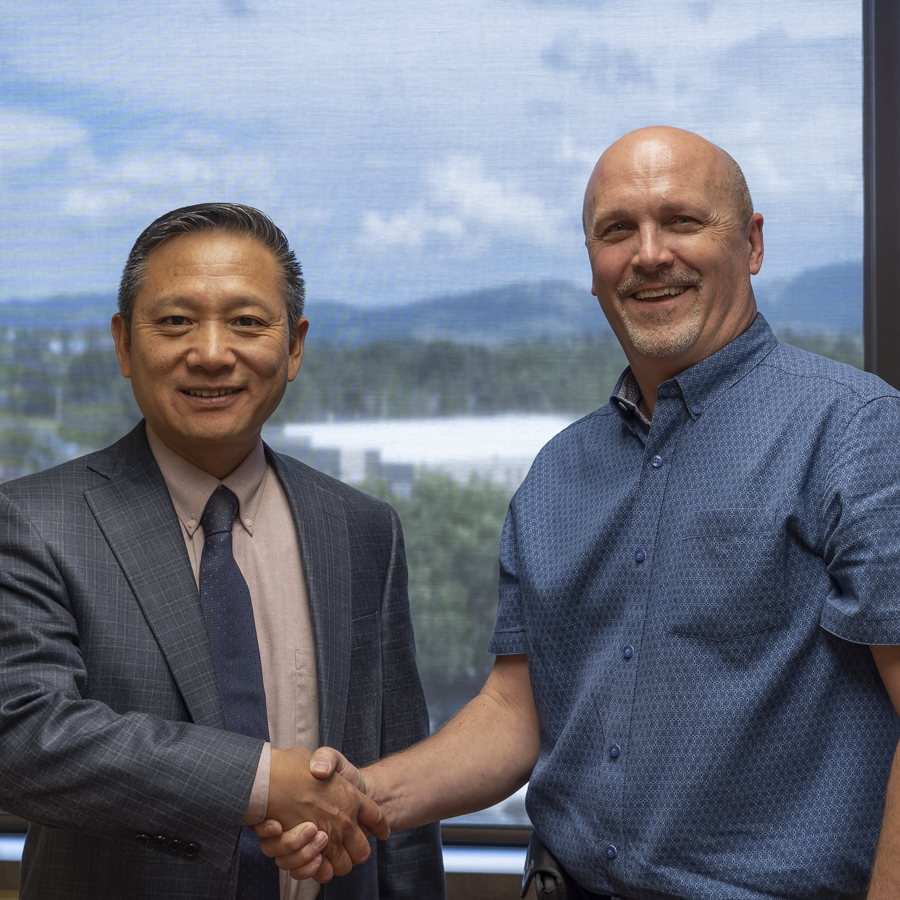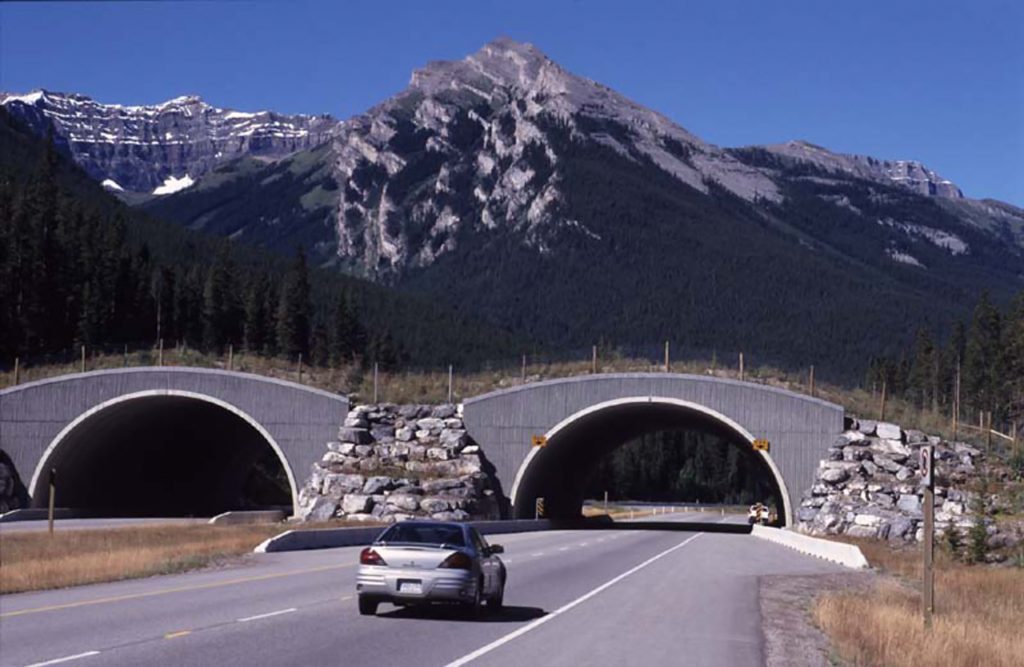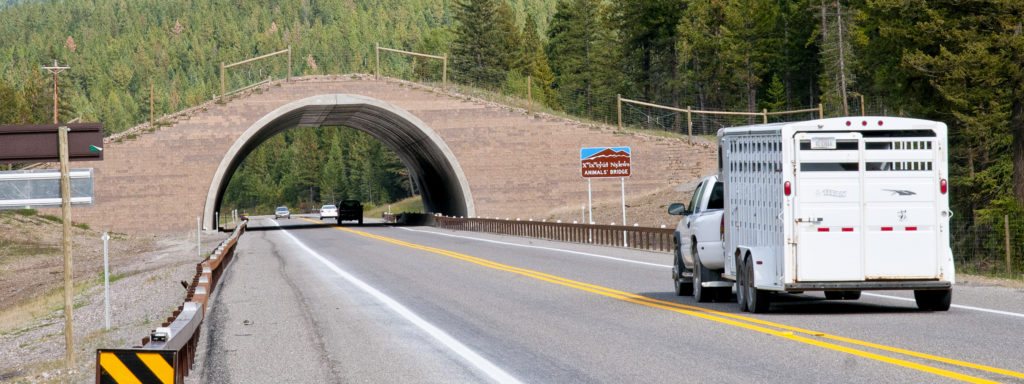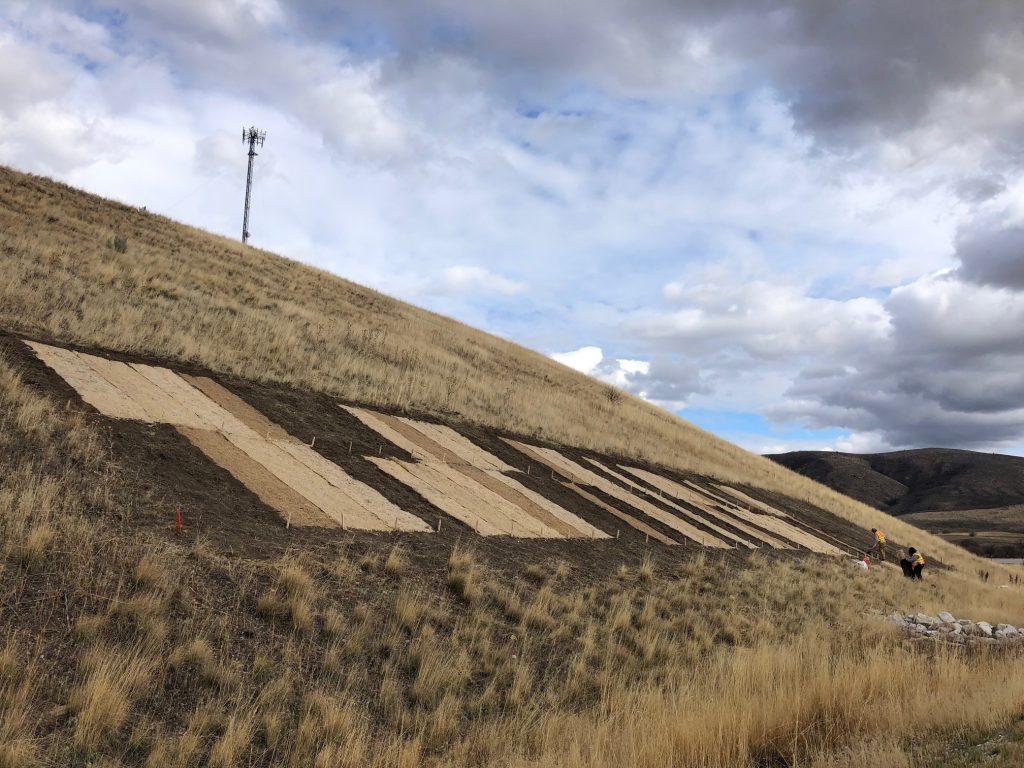David Kack Hands WTI Director Role to Kelvin Wang

A word from our staff: As Montana State University prepares for the start of the Fall semester, August is also bringing change to WTI as we welcome a new director. As many of you may know, David Kack and his family have started a new life chapter in Tennessee, and while David will continue remotely […]
IN THE NEWS: WTI Researcher Plans Traffic Calming Project in Big Sky, TPF-5 Sparking Public Interest
Matt Madsen Interviewed in Explore Big Sky WTI Researcher Matt Madsen, along with the Big Sky Community Organization (BSCO), is spearheading a traffic calming project in the heart of Big Sky, Montana. Madsen describes the upcoming project in the Explore Big Sky article “Traffic calming project set for Ousel Falls Road,” as well as participation […]
IN THE NEWS: WTI Road Ecologists Interviewed for University of Montana Podcast, Highlighted in Bozeman Daily Chronicle
Dr. Marcel Huijser Interviewed on A New Angle Podcast WTI’s Dr. Marcel Huijser shared his story during an interview on A New Angle, a UM podcast “about cool people doing awesome things in and around Montana.” He discussed his initial interest in nature, his move to the U.S., and his entry into the field of […]
IN THE NEWS: GoGallatin Program Manager on Potential for Ride-Share Partnership, WTI Road Ecology Manager on Benefits of Wildlife Crossings
GoGallatin Program Manager Highlighted in Mass Transit Magazine Earlier this month, WTI Research Associate Matthew Madsen discussed the role of trip planning in a Mass Transit Magazine article about Whitefish, Montana’s plan to reduce transportation emissions. Madsen, who is also the GoGallatin Program Manager, presented to the City on a potential partnership with the trip […]
IN THE NEWS: WTI Road Ecology Program Manager: Montreal Presentation Featured in International News Service
WTI’s Road Ecology Program Manager, Rob Ament, participated in a half-day event, held on the side of the Convention on Biological Diversity’s Global Biodiversity Framework meetings in Montreal, Canada on December 15, 2022. Hosted by the Infrastructure and Nature Coalition at the Nature Positive Pavilion, Rob led off the session devoted to “Nature Positive Infrastructure: […]
IN THE NEWS: Montana State University Highlights Two Decades of Wildlife Crossings Research

In a follow-up to last week’s New York Times article, Montana State University News published a feature article summarizing WTI’s long history of researching and advancing wildlife crossing structures. Starting with the first report to Congress on wildlife vehicle collisions in 2006, the article also highlights WTI’s long-term research on the effectiveness of wildlife crossing […]
IN THE NEWS: City of Bozeman Awarded Grant for Park and Trail Planning
The Bozeman Daily Chronicle reports that the City of Bozeman has received a planning grant from the Safe Routes to Parks Activating Communities. “Bozeman partners with HRDC to hire part-time help for parks planning” describes the collaboration between the City, the Human Resources Development Council, and WTI to gain more input from the public on […]
IN THE NEWS: New York Times Showcases Video of Wildlife Using Crossings

The New York Times has posted an online feature article highlighting excellent footage of wildlife using various forms of highway crossings. “How Do Animals Safely Cross a Highway? Take a Look” includes footage of a herd of antelope crossing a highway in Wyoming; moose, bear, wolves and deer using crossings in Utah; and an alligator […]
IN THE NEWS: Embracing Biodegradable Erosion Control

Stormwater Magazine recently interviewed WTI Road Ecologist Rob Ament on advancements in the use of environmentally friendly products for erosion control. “Saving Mowers and Wildlife” highlights state departments of transportation that are working to replace plastic netting used on roadsides with flexible, biodegradable options. In the article, state DOTs report benefits such as reduced need […]
NPS Introduces Fellows on Transformation Tuesday
As part of its “Transformation Tuesday” series, the National Park Service (NPS) profiled three fellows from the Public Lands Transportation Fellows (PLTF) program who are currently serving NPS units or projects. PLTF Fellows are assigned to a federal land unit for one to two years, where they lead or support projects that enhance transportation options […]
